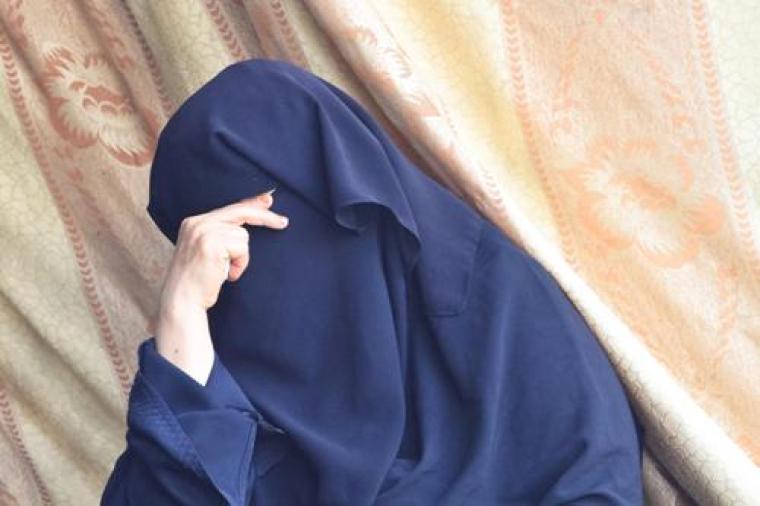
Gender-Based Violence as an expression of Christian Persecution in Muslim Lands, written for the World Watch List, describes how a profound lack of equality between men and women in Muslim countries means that all women in these societies are structurally vulnerable to systematic violence and discrimination in their daily lives.
A parallel review of statistics on Christian persecution in these lands is made in order to infer a picture of the plight of Christian women in Muslim lands.
The resulting image is striking: the combined status of being both Christian and female significantly increases the likelihood of experiencing aggression and repression in society and at home.
Gilbert focuses on Iran, Saudi Arabia, Pakistan and Egypt in her disclosure of the appalling legal and social situation for women living in Sharia law-based societies.
Anecdotal evidence is supported by extracts from US State Department Reports on the four countries in question. They focus on rape and domestic violence, societal exclusion, oppressive dress codes, lack of legal protection for women, female genital mutilation, child abuse, and child marriage.
The premise of Gilbert's research is that violence experienced by Christian women living in these countries can only be properly understood within a general context of deep-seated prejudice and aggression against women.
This prejudice stems from Islamic beliefs regarding the supposedly dangerous nature of female sexuality, and the roots of these beliefs are briefly detailed along with their implications.
Of note is the continued assumption in these societies that females are responsible for any sexual attack they experience. The result is that shame clings to the victim following an assault and some victims are even stoned.
Gilbert argues that in the context of societies where women are defined as being of little worth and are shockingly vulnerable, it is not surprising that Christian women are the targets of even greater endemic violence as a means of driving out or neutralizing Christian communities.
Nine common forms of abuse perpetrated against Christian women in this strategic intent are elaborated.
A number of specific cases from Pakistan and Egypt follow, which illustrate gender-based violence as a deliberate means of destroying Christian families.
This report also expresses a frustration at the lack of data available in order to fully study the scope of the problem and explains why it is so difficult to obtain reliable statistics.
Perhaps because of this dearth of complete information, Gilbert takes great pains to address arguments which attempt to discount reports of Christian persecution in Muslim lands.
Much is made of German Chancellor Angela Merkel's public and unpopular acknowledgement in November 2012 that Christianity is "the most persecuted religion in the world".
However, while all that Gilbert says is undoubtedly true, her arguments are not entirely linear. For instance, in her second section, How do Muslim gender norms affect women in Christian minority groups?, Gilbert spends at least two pages on generalities which might have found a more obvious home in section one, What is the general nature of gender relationships in Islamic societies?
By placing these relevant but general reports in Section Two, without specific links with Christianity, she weakens the three pages of specific evidence she has for her thesis.
It has been said that persecution is always personal and the tone of Gilbert's report reflects this view.
Her well-documented report is both passionate and categorical in its conclusion: gender-based violence is an oft-used weapon wielded mercilessly against the most vulnerable in Muslim lands with the express goal of breaking Christians' resolve.
Hélène Fisher is Women-to-Women Coordinator at Open Doors International.